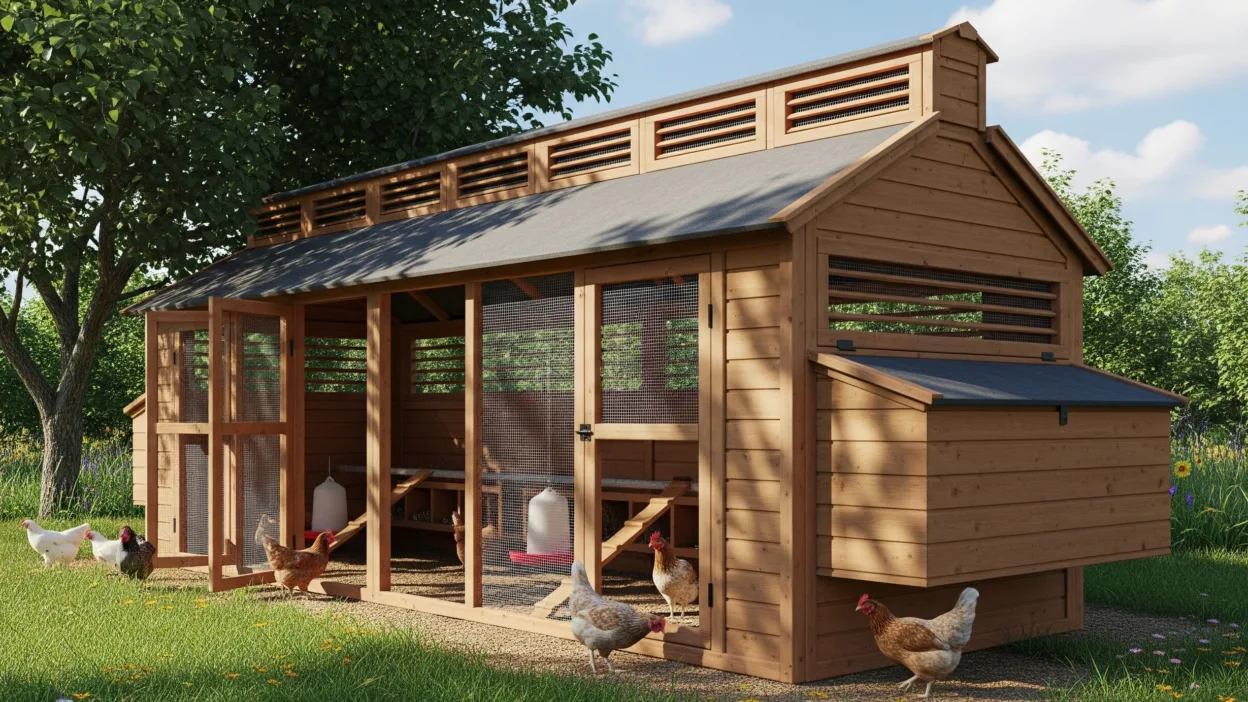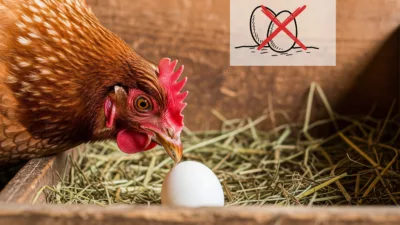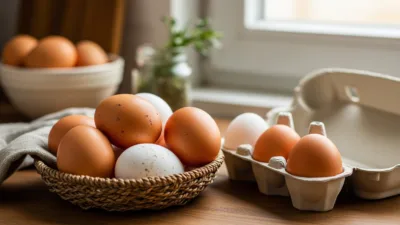As the summer heat rises, ensuring proper ventilation in your chicken coop becomes essential for your flock’s health and comfort. Poor airflow can lead to heat stress, respiratory issues, and a decline in egg production. If you’re wondering how to keep your chickens cool and safe during hot months, this guide on ventilation tips for chicken coops in summer will provide practical solutions and expert advice to optimize your coop’s airflow.
Why Is Ventilation Important in Summer Chicken Coops?
Chickens are sensitive to heat. Without proper ventilation, heat and humidity build up inside the coop, creating a stuffy, unsafe environment. Good airflow helps:
- Reduce heat stress by lowering coop temperature
- Prevent moisture buildup that leads to mold and respiratory problems
- Remove ammonia fumes from droppings that can harm chickens’ lungs
- Keep bedding dry to maintain coop hygiene
Proper ventilation improves your flock’s overall health, egg production, and comfort during scorching summer days.
Top Ventilation Tips for Chicken Coops in Summer
1. Install Adjustable Vents and Windows
Having adjustable vents or windows allows you to control airflow based on weather conditions. Place vents near the roof’s peak to let hot air escape and lower vents on the walls for fresh air intake. Opening them during the day creates natural convection.
2. Use Mesh Screens for Protection
Cover vents with fine mesh to keep predators and insects out while allowing air to flow freely. This prevents pests from entering the coop and disturbing your flock.
3. Position the Coop for Optimal Breeze
When building or relocating your coop, choose a shaded area with good natural airflow. Orient openings to face prevailing winds, helping cool breezes circulate through the coop.
4. Avoid Direct Sunlight on the Coop
Shade your coop using trees, shrubs, or shade cloths. Reducing direct sun exposure prevents excessive heat buildup and keeps temperatures manageable.
5. Install a Small Coop Fan or Exhaust Fan
For extreme heat, a low-power fan can significantly improve air circulation inside the coop. Solar-powered options are available for energy-efficient ventilation.
6. Keep Bedding Dry and Clean
Wet bedding traps moisture and heat, worsening coop conditions. Regularly replace bedding materials like straw or wood shavings and consider using moisture-absorbing additives.
7. Provide Plenty of Fresh Water
Though not directly ventilation-related, ample fresh water helps chickens regulate their body temperature during hot days.
Signs of Poor Ventilation in Your Chicken Coop
- Strong ammonia smell inside the coop
- Chickens panting, lethargic, or showing heat stress symptoms
- Excessive moisture or mold growth on walls and bedding
- Increased respiratory problems in your flock
If you notice these signs, it’s time to improve airflow immediately.
Benefits of Proper Summer Ventilation for Chickens
- Maintains healthier respiratory systems
- Reduces risk of heat stroke and stress-related illnesses
- Supports consistent egg laying
- Keeps your flock calm and active even in hot weather
- Prolongs the life of coop materials by reducing moisture damage
Bonus: Winter Ventilation Tips for Chicken Coops
While this guide focuses on summer, remember ventilation is important year-round. In winter, ensure vents allow fresh air without creating drafts that chill your chickens. Adjust vents accordingly to balance airflow and warmth.
Final Thoughts: Keep Your Chickens Cool with Smart Ventilation
Proper ventilation is the key to a happy, healthy flock during the hot summer months. By implementing these simple but effective ventilation tips for chicken coops
in summer, you can protect your chickens from heat stress, boost egg production, and create a safe environment they thrive in.
If you want more homesteading advice on raising chickens and seasonal care tips, explore our blog for expert guidance year-round!
Plan your perfect chicken coop with our Flock Calculator! Quickly determine the ideal coop space, run space, roosting bar length, and nesting boxes for your flock. Plus, estimate feed bags needed and total feed expenses with ease. Start building your dream coop today. Try the Flock Calculator now!



